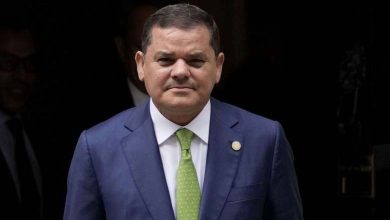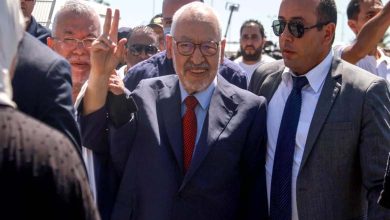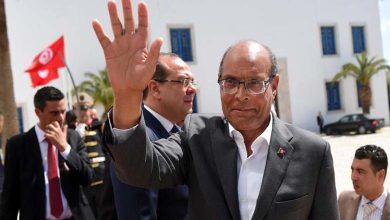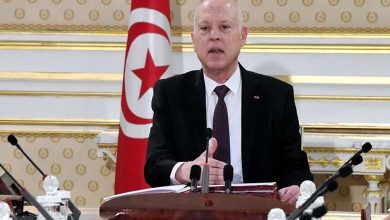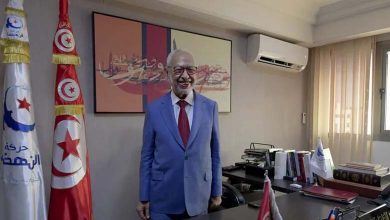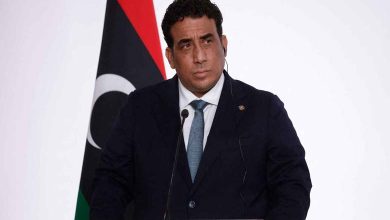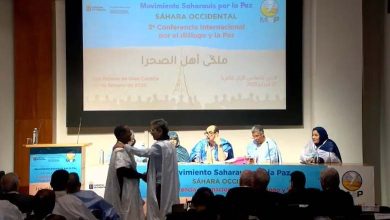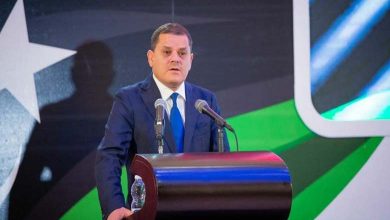Libya – Bashagha Warns of Mysterious Deal Between Meloni and Dbeibeh
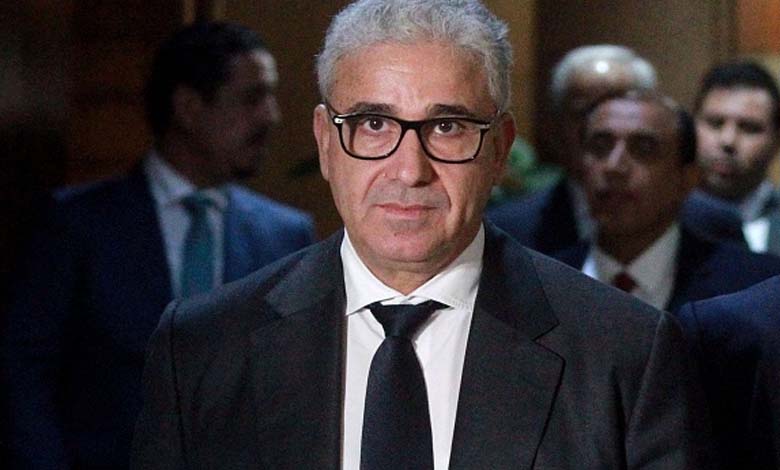
The government of Fathi Bashagha, supported by the Libyan Parliament, expressed its astonishment at the expected visit of the Italian Prime Minister, Georgia Meloni, to Tripoli and its meeting with the Head of the National Unity Government, Abdul Hamid Dbeibeh. Bashagha warned of a deal, which is ambiguous, concerns the oil sector, while Rome seeks to protect its interests and work to strengthen energy and oil cooperation with Libya and other countries, such as Algeria, to find alternatives to Russian gas, while Dbeibeh wants to ensure the support of influential regional countries.
“We are surprised that Meloni is planning to visit the outgoing government in Tripoli and to witness the signing of the new oil agreement,” the Bashagha government said in a statement on Tuesday.
It warned against what it said was a “mysterious deal being prepared between the Libyan National Oil Corporation and the Italian company ENI (Oil and Gas), which calls for increasing the foreign partner’s quota and reducing the (Libyan) national partner’s quota.”
The Libyan state will not abide by any suspicious agreements,” it said, adding that it is “immune from all legal and material effects,” vowing that it will “resort to the judiciary.
Italy supports the national unity government, and this support is expected to increase amidst Meloni’s efforts to find alternatives to energy sources. This comes during her tour of the region and her visit to Algeria in search of strengthening cooperation in the gas sector.
On the other hand, the government of Dbeibeh is seeking to gain international and Western support amidst the latest political developments and agreements between the Council of Representatives and the High Council of State to end the political deadlock. It was revealed that Dbeibeh was not very enthusiastic about the recent political agreements.
The Bashagha government believes that oil in Libya has become a political bargaining chip used by Dbeibeh to win international support, especially after they signed a memorandum of understanding with Turkey in the field of oil and energy exploration to win Turkish backing. This memorandum provoked the ire of regional powers such as Egypt and Greece.
The Libyan leader is seeking to secure the support of influential regional powers such as Algeria, Italy, and even Tunisia and the West, led by the United States, by offering concessions and striking deals.
And the Bashagha government was granted confidence by the House of Representatives in Tobruk (east) last March, despite the existence of a government recognized by the United Nations, which is the unity government headed by Dbeibeh, who refuses to hand over power except to a government assigned by a new elected parliament.
On the other hand, the Foreign Ministry of the unity government said in a statement on Tuesday that “Libyan Foreign Minister Najla Mangoush met today with Italian Ambassador to Libya Giuseppe Puccini.”
During the meeting, “logistical preparations were discussed for the visit to Libya of a high-level delegation headed by Prime Minister Giorgia Maloni, accompanied by the Ministers of Foreign Affairs and the Interior and a number of Italian government officials,” the statement said.
The statement did not mention a date for Meloni’s visit, but the Italian news website Decode 39 reported on January 13th that Miloni is preparing to visit Libya to discuss the issue of irregular migration and the possibility that Tripoli will help compensate for the lack of energy in Europe as a result of the Russian-Ukrainian war, which started on February 24th.
On December 21st, the Oil Corporation announced the “resumption of a 2008 contract with Eni that saves the country from the projected 2025 gas production shortfall,” according to a statement.
In response to a debate about the contract, the foundation explained at the time that “the percentage that some are talking about is not the rate of dividing the rate of return, but rather the percentage of being allowed to recover capital costs in the project.”
To resolve the power struggle in the oil-rich country, the United Nations has sponsored negotiations between the House of Representatives and the State House of Assembly (a parliamentary consultative body) to agree on a constitutional basis for holding parliamentary and presidential elections. But this process has been stalled for some time, despite encouraging consensus and pressure from abroad.


